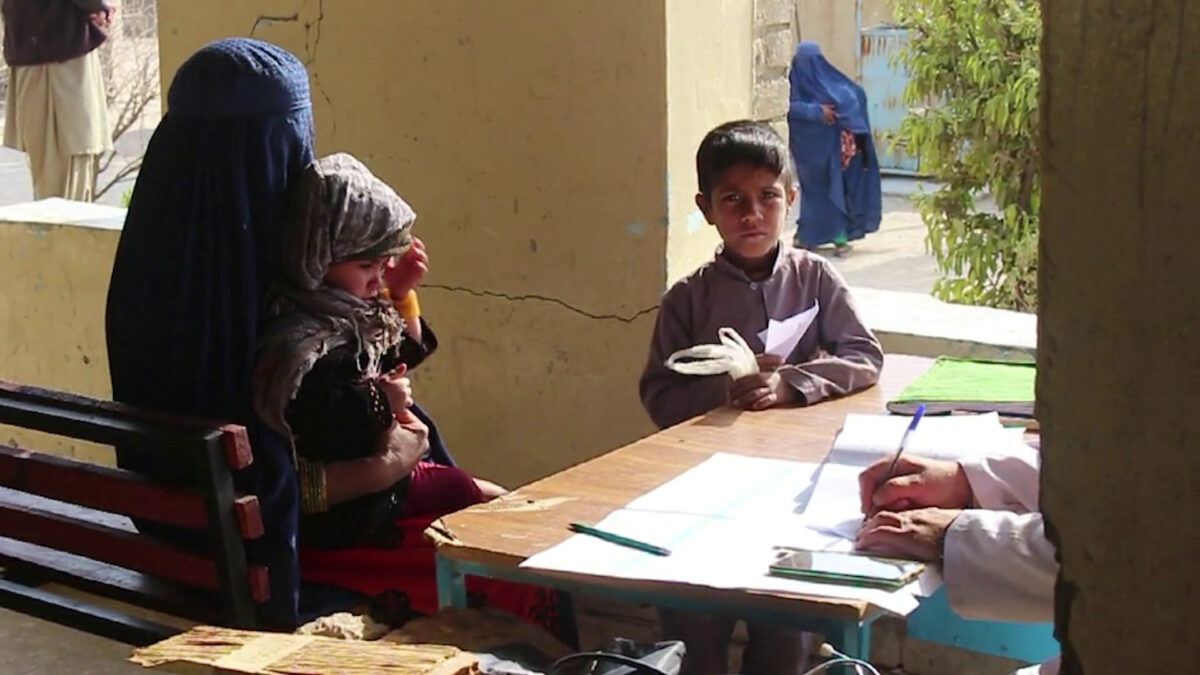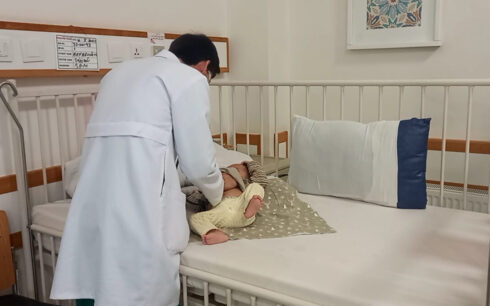KABUL, Afghanistan — A staggering 17.9 million people in Afghanistan require health-related humanitarian assistance, according to the United Nations High Commissioner for Refugees (UNHCR).
In an update released Monday, the agency described Afghanistan’s healthcare system as “fragile and under-resourced,” highlighting significant disparities in access to medical services and persistent challenges in maternal and child health.
The report pointed to high levels of malnutrition and alarming rates of maternal, neonatal, and child mortality as key issues plaguing the country’s healthcare system. It also noted ongoing outbreaks of acute diseases, including measles, acute diarrhea, dengue fever, pertussis, Crimean-Congo hemorrhagic fever, and malaria, which continue to strain health services.
Afghanistan ranks among the countries with the highest maternal mortality rates globally, according to data from UNICEF cited in the report. For every 100,000 live births, 638 Afghan women lose their lives, a statistic driven in part by a severe shortage of qualified healthcare workers, including nurses and midwives.
“Health outcomes are further compromised by under-resourced healthcare infrastructure, which disproportionately affects rural and underserved communities,” the report stated, emphasizing the systemic inequities within the nation’s healthcare system.
Taliban restrictions compound health crisis
The healthcare crisis is exacerbated by recent Taliban-imposed restrictions on education for women and girls, including a ban on female students attending medical institutes. This policy follows earlier measures that barred women from attending universities altogether.
The Taliban’s decisions have been met with widespread condemnation from both domestic and international actors. The United Nations has warned of the long-term implications of such policies, emphasizing their detrimental impact on Afghanistan’s healthcare sector, particularly in addressing maternal and child health challenges.
“These restrictions jeopardize the country’s healthcare system, as the absence of trained female healthcare workers will leave significant gaps in services, particularly for women and children,” the U.N. said in a statement.




